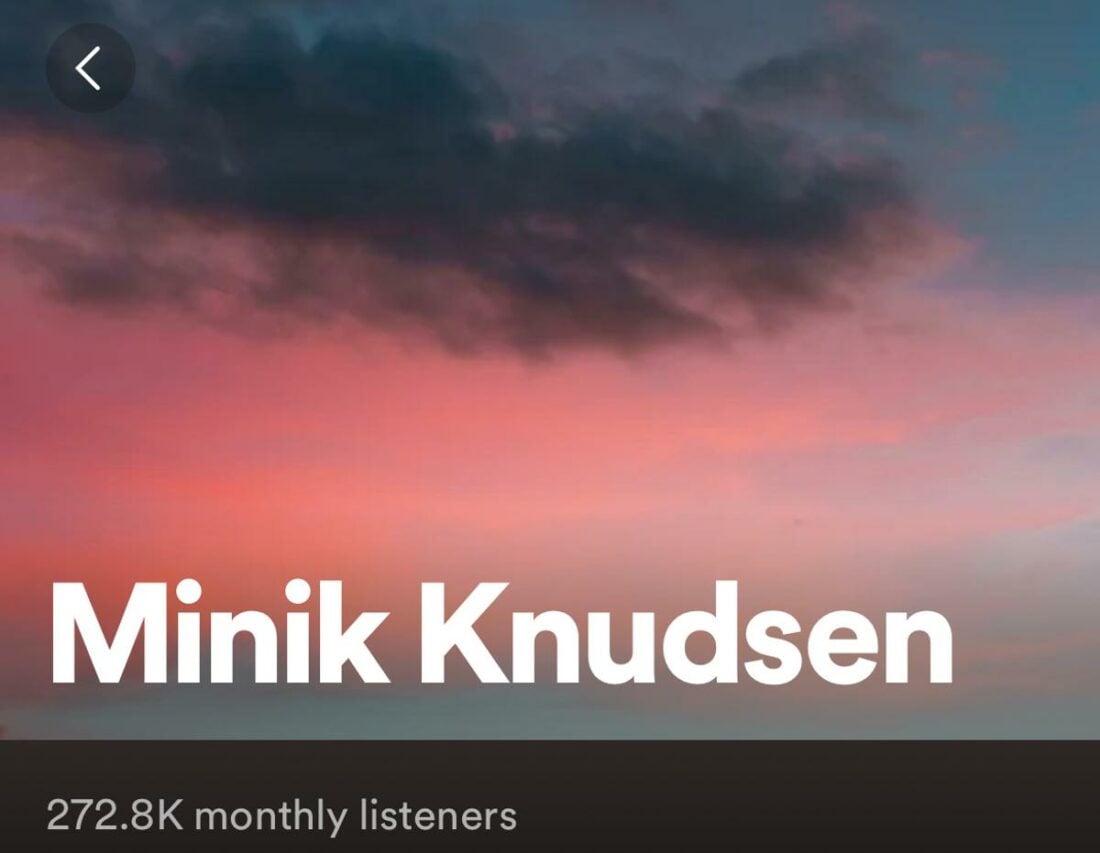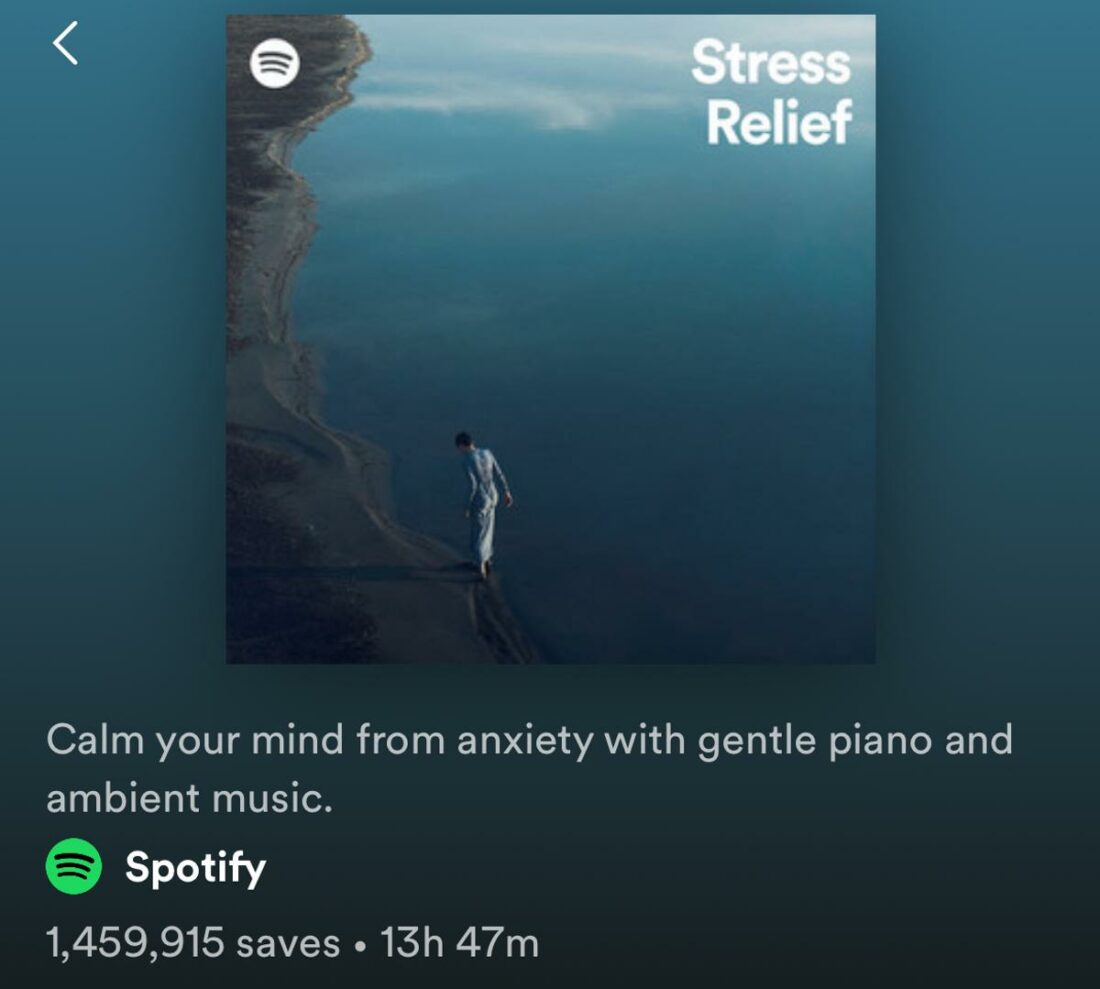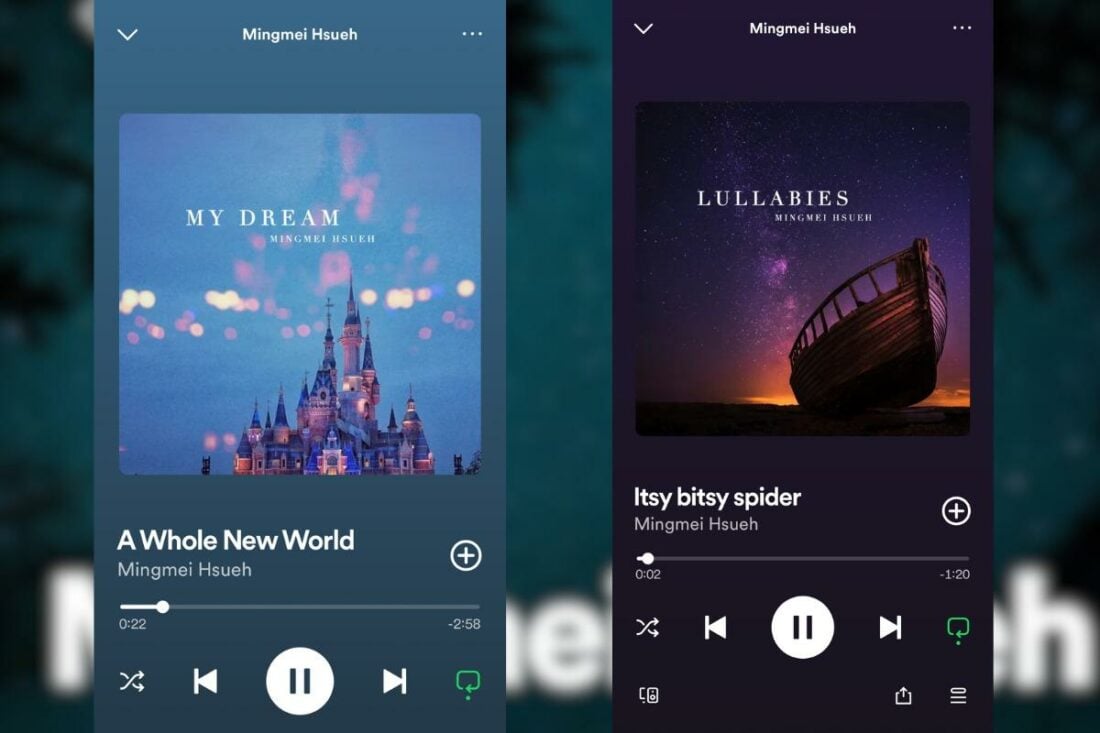He ranks above Michael Jackson, Metallica, and Mariah Carey on Spotify’s most-streamed artists list.
One of Spotify’s most streamed artists is an unknown musician that won’t show up in Google searches, until now. As revealed by a Dagens Nyheter (DN) investigation, the musician is named Johan Röhr. He is a Swedish composer behind more than 650 fake artists on Spotify, who has earned more than 15 billion streams so far.
The Mystery Composer’s Identity Revealed

Johan Röhr is a 47-year-old Stockholm-based musician who has been releasing music under various pseudonyms since at least 2017.
Röhr’s Spotify discography includes over 2,700 songs released under “50 composer aliases and at least 656 invented artist names,” according to DN’s report.
Some of these pseudonyms are ‘Minik Knudsen’, ‘Mingmei Hsueh’, ‘Csizmazia Etel’, and ‘Adelmar Borrego’.

The combined success of these fake artists has put Röhr at the top of Sweden’s streaming charts. He has even surpassed Swedish superstar Avicii in monthly listeners.
Röhr’s background includes singing in the house choir for the Melodifestival song competition in Sweden in the early 2000s. He also worked as a “conductor on several popular stars’ tours and in television productions.”
However, his success on Spotify has gone far beyond his previous musical work.
Globally, Röhr’s huge streaming numbers place him among Spotify’s 100 most-streamed artists of all time. In fact, DN estimates that Röhr ranks around #64 on this prestigious list. This puts him just below Avicii but above the Red Hot Chili Peppers.
The Secret Behind Röhr’s Spotify Success

Röhr’s songs have been added to “well over a hundred different playlists for instrumental music”. Together, these playlists have over 62 million followers.
In eleven of those playlists, “more than a fifth” of all the songs in those lists are made by him.
For example, on one of the large instrumental playlists, called Stress Relief, which has over 1.45 million followers, 41 out of the 270 songs on the playlist are by fake artists whose music is made by Johan Röhr.
Niklas Brantberg, CEO of Overtone Studios, the label that releases Röhr’s music, called him a “pioneer in the mood music genre.”
“Johan Röhr was the first artist AP Records [now Overtone Studios] worked with. Röhr published music across many different artist profiles. And, became a pioneer in the mood music space, which is hugely popular today.” he says.
“Many of these [artist names] are now old and inactive musical projects. We have greatly reduced the number of artist profiles that actively publish music. But, today, we work with many more creators.”
How Much Has Röhr Earned So Far?

While the exact earnings from Röhr’s 15 billion streams remain undisclosed, his private company’s financial reports give some insight into his success.
Between 2020 and 2022, his private company made over SEK 70 million (approximately USD $6.7 million), mostly from music royalties.
A closer look at the company’s 2022 annual report shows earnings of SEK 32.7 million (around USD $3.1 million) for that year alone. The report says all income came from royalties.
However, the detailed breakdown of earnings directly linked to the streams of his pseudonymous artists is not disclosed.
Spotify’s Stance on Fake Artists

In response to DN’s report, Julia Levander, Spotify’s Head of Communications in the Nordics, expressed the company’s side.
“This music exists primarily in Spotify’s Focus hub, which limits competition with artists from traditional genres in popular music.” she says.
“We don’t stop artists or bands from releasing music under their own names or under various pseudonyms. And, as the demand for this type of music increases, so do the number of rights holders and artists producing this type of content.”
This means Spotify won’t be stopping Röhr and other artists from releasing more music under fake artist names.
Levander also pointed out that this position helps Spotify support artists throughout their careers.
This shows Spotify’s plan to back a diverse group of music makers, even those who go by multiple identities. It aligns with what Spotify’s CEO, Daniel Ek, has said in the past on this topic. He said that Spotify had no plans on completely banning AI-generated content, or content from ‘fake artists’ from the platform.
